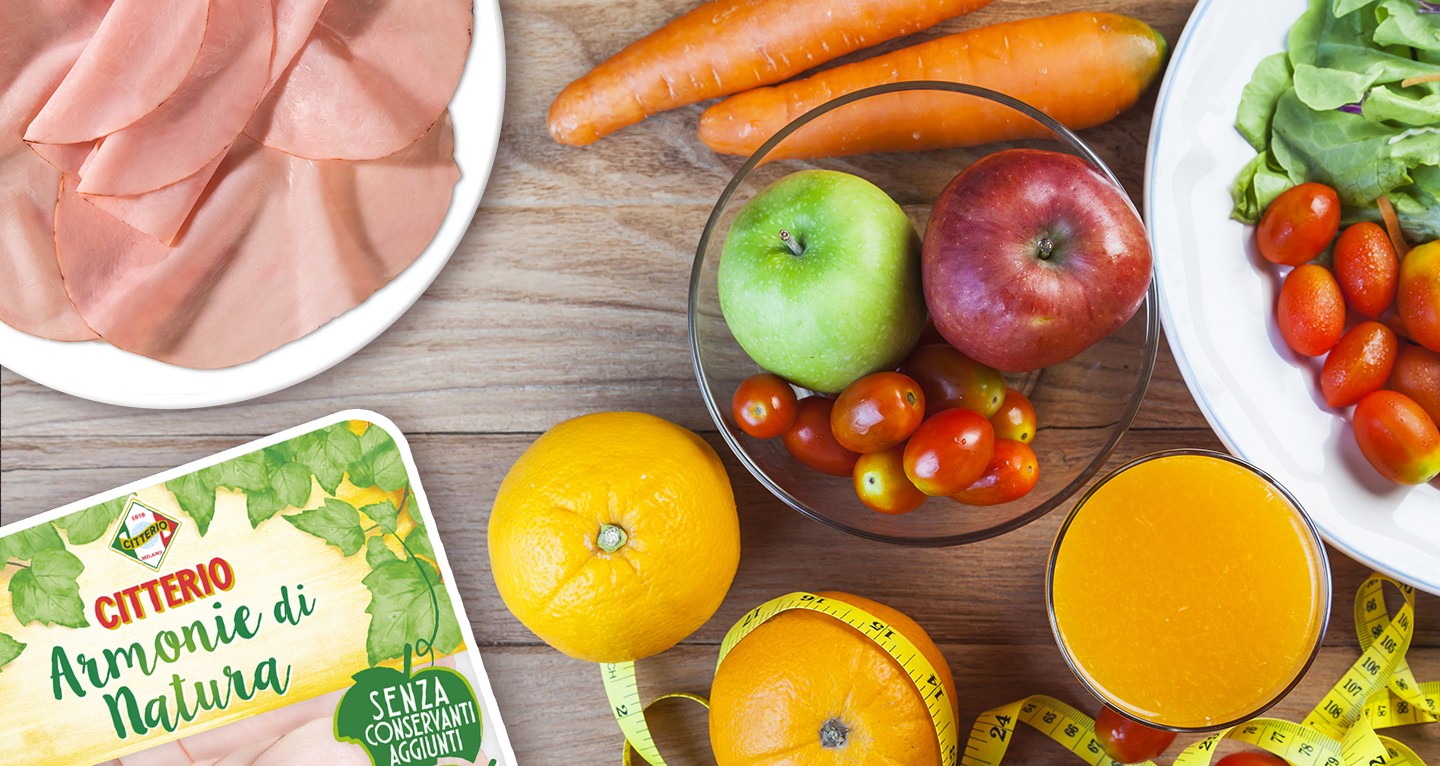
We’ve gone past the old creed that “when you’re pregnant, you’re eating for two”, today it’s more important to pay attention to dietary content and the quality of nutrients. For example, fats should be unsaturated, and carbohydrates should be complex from whole grains.
What role does protein play in all this? Can I eat meat, including cured meats?
The importance of protein
During pregnancy, protein needs tend to increase; this is to maintain protein growth in mother and child and to support the combination of proteins into newly formed tissue.
According to LARN (Italian energy and nutrition level guidelines) guidelines as set out by the Italian Human Nutrition Society (SINU), average daily protein requirement increases during each of the three trimesters of pregnancy. These increases are 1%, 15% and 48% respectively for each trimester (for women of normal weight).
As in every other phase of life, it is recommended that protein intake during pregnancy comes from products of animal origin (meat, fish, eggs, milk and its derivatives) and products of plant origin (mainly pulses and cereals), paying attention to balance.
What foods should I avoid?
During pregnancy, you should be careful what foods you eat in order to get your protein. In particular, it is advised that you avoid eating meat and cured meats that are raw, just as you should avoid eating raw fruit and vegetables, if they’re not washed properly. All these foods, in fact, may contain toxoplasma gondii, a microorganism that presents a serious risk for a foetus and is found in soil, water and in environments contaminated by cat faeces.
Can I eat cured meats?
Cooking at temperatures over 70°C completely eliminates toxoplasma gondii, and, therefore, properly cooked meats are safe, including for pregnant women. This also applies to cured meats: any cured meat that is cooked as part of the production process, like cooked ham, mortadella and cooked chicken and turkey, can be eaten without worry!
Some preliminary studies also seem to suggest that cured ham that has been matured for at least 12 months may be free from toxoplasma gondii, probably due to the salting and maturing process that would eliminate the microorganism. However, further investigation is required into this interesting theory, which would widen the range of cured meats that can be eaten during pregnancy.
Attention to cooking
In conclusion, generally, when cooking at home, it’s important to ensure that fresh meat is stored and prepared separately from other foods.
During cooking, you must ensure that the temperature is high enough to cook both sides of the piece of meat and the interior.